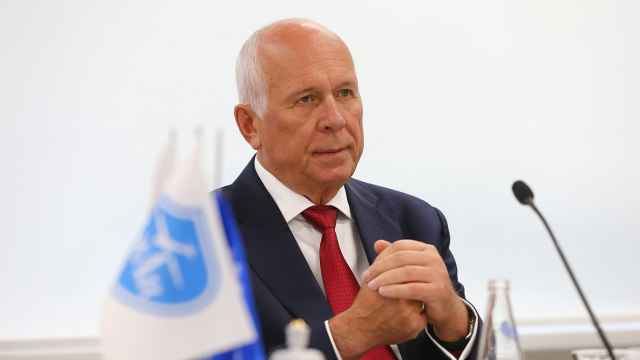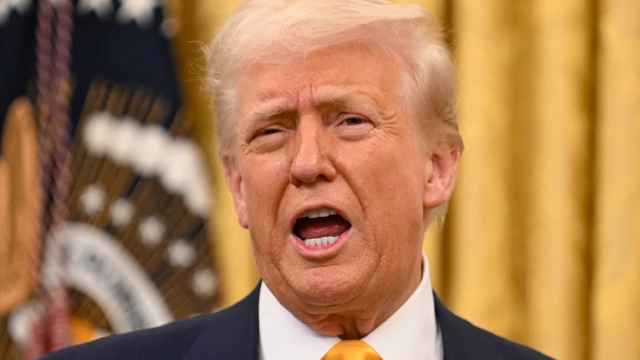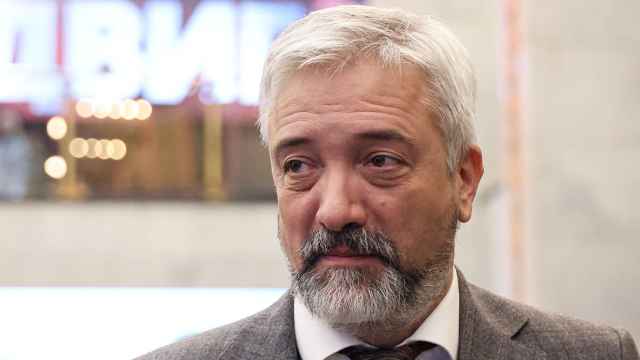The European Union will seek to halve its overall fossil fuel imports by 2050 under a new strategy presented in Moscow on Tuesday.
The Road Map to a Carbon Neutral Economy by 2050 sets out a strategy for the EU to reduce its greenhouse gas emissions to a mere 20 percent of 1990 levels over the next four decades.
The strategy envisages annual investments of 270 billion euros ($400 billion) — about 1.5 percent of Europe's gross domestic product — in improving energy efficiency in buildings, transportation and the power industry, including production and transmission grids.
The policy calls for saving 175 billion to 320 billion euros in fuel costs and slashing energy consumption to 70 percent of 2005 levels.
The halving of oil and gas imports would save some 400 billion euros — about 3 percent of today's GDP — on its bill for foreign oil and gas, the report claims.
Russian analysts greeted the plans with skepticism, but said demand from emerging Asian markets should be able to pick up the slack if the goals were achieved.
"The EU plans to replace fossil fuel with electricity for transportation and heating" said Alexander Yeremin, an oil and gas analyst at Finam. In a worst-case scenario, Russia could switch from European to Asian oil markets, but fully retain the European market for natural gas thanks to the role it plays in electricity generation, he said.
Europe consumes the vast majority of Russia's gas exports and more than half of its oil. Russia supplied 29.7 percent of Europe's crude oil imports (5.86 billion barrels worth some $87 billion) in 2010, according to the EU Energy Commission. It supplied about 30 percent of Europe's gas in 2008.
The 15-page road map is a consultative document being circulated among EU governments and other "stakeholders" — including Russia — in an effort to stimulate discussion ahead of the next round of climate change talks in Durban, South Africa, in December.
The presentation comes ahead of a visit to Moscow by Timo Makela, director of international affairs at the EU environment commission, on May 18-20.
A Message from The Moscow Times:
Dear readers,
We are facing unprecedented challenges. Russia's Prosecutor General's Office has designated The Moscow Times as an "undesirable" organization, criminalizing our work and putting our staff at risk of prosecution. This follows our earlier unjust labeling as a "foreign agent."
These actions are direct attempts to silence independent journalism in Russia. The authorities claim our work "discredits the decisions of the Russian leadership." We see things differently: we strive to provide accurate, unbiased reporting on Russia.
We, the journalists of The Moscow Times, refuse to be silenced. But to continue our work, we need your help.
Your support, no matter how small, makes a world of difference. If you can, please support us monthly starting from just $2. It's quick to set up, and every contribution makes a significant impact.
By supporting The Moscow Times, you're defending open, independent journalism in the face of repression. Thank you for standing with us.
Remind me later.





